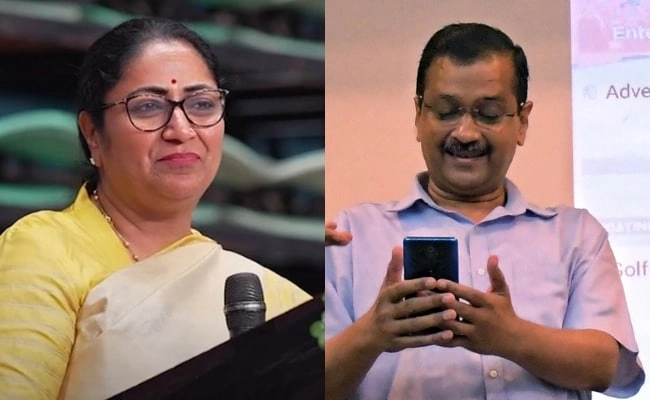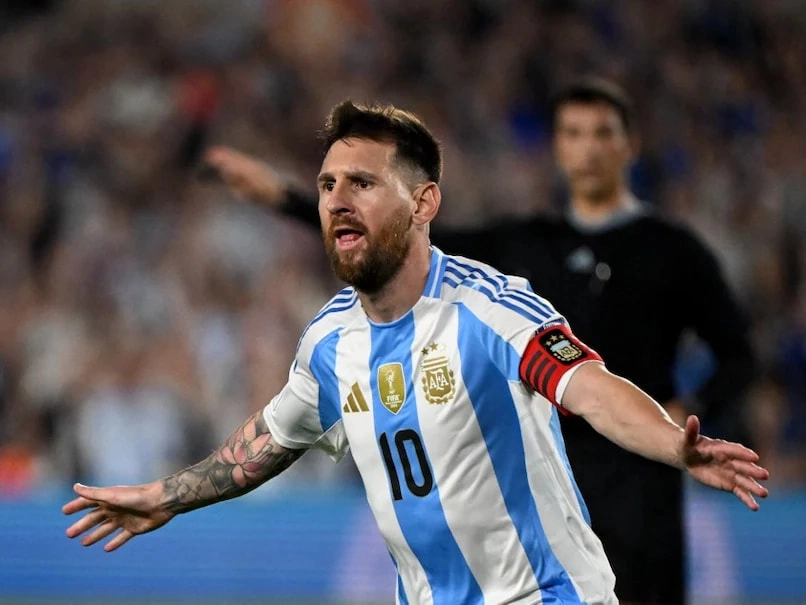In a recent development that has captured public attention, Rekha Gupta, a prominent political figure, has publicly criticized Delhi Chief Minister Arvind Kejriwal over what she claims is an “edited” clip that misrepresents her views. This confrontation highlights the ongoing tensions between political leaders in the region, particularly as they navigate the complex landscape of social media and public perception. Gupta’s remarks, which include a pointed request for Kejriwal to “stop watching my reels,” underscore the growing concern among politicians regarding the manipulation of video content and its potential impact on their reputations.
The exchange between Gupta and Kejriwal raises significant questions about the authenticity of political communication in the digital age. With social media becoming an increasingly powerful tool for shaping public discourse, the risk of misinformation looms large. Gupta’s assertion that the clip was edited suggests a deliberate attempt to distort her message, which could have serious implications for her political standing and the trust constituents place in their leaders. This incident serves as a reminder of the fine line politicians must walk when engaging with digital media, where every statement can be scrutinized and potentially taken out of context.
Moreover, Gupta’s call for Kejriwal to cease his scrutiny of her social media content reflects a broader frustration among politicians about the invasive nature of online commentary. The pressure to maintain a polished public image often leads to confrontations like this, where personal and professional boundaries blur. As political rivals increasingly turn to social media as a battleground, the stakes are elevated, forcing leaders to respond quickly and decisively to protect their narratives. This particular episode not only highlights the individual conflict between Gupta and Kejriwal but also serves as a microcosm of the larger challenges facing political figures in an era dominated by rapid information sharing and digital storytelling.
As the situation unfolds, observers will likely keep a close eye on how both Gupta and Kejriwal navigate this controversy and what it means for their respective political futures. The incident exemplifies the evolving dynamics of political engagement in the digital realm, where perceptions can shift in an instant based on how content is presented and shared. Ultimately, this clash over an “edited” clip is more than just a personal dispute; it reflects the ongoing struggle for authenticity and clarity in communication amid the noise of social media. The implications of this exchange will undoubtedly resonate beyond the immediate context, as it sheds light on the challenges and responsibilities that come with the power of digital communication in politics.




